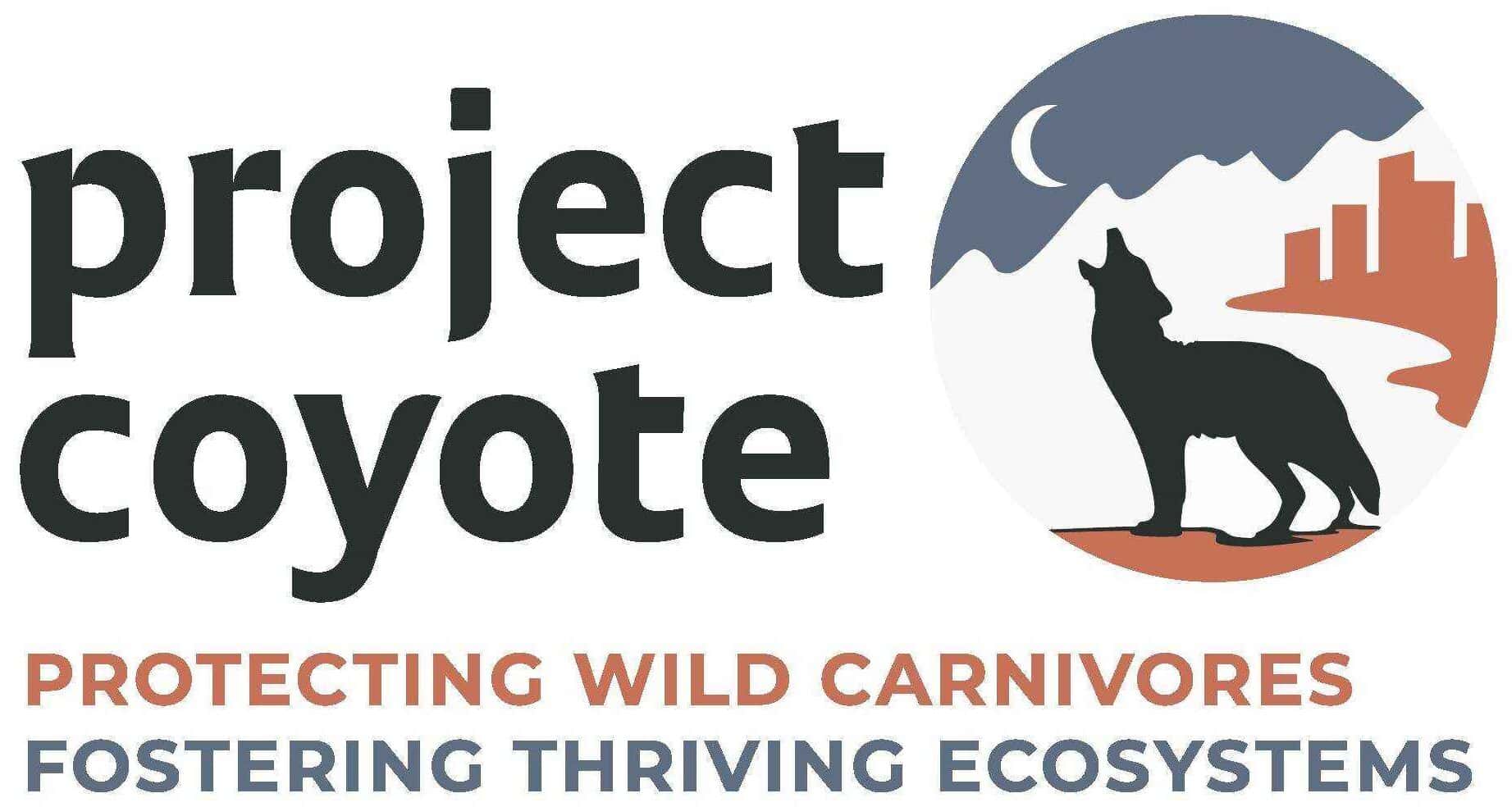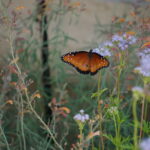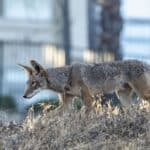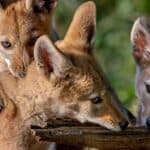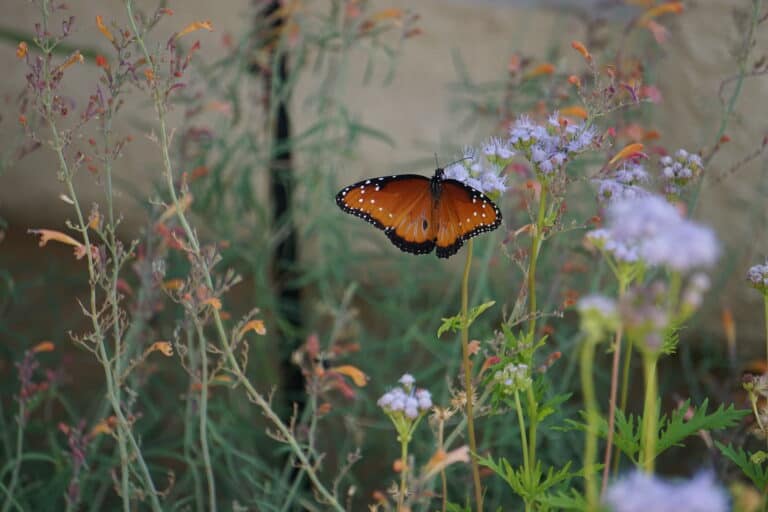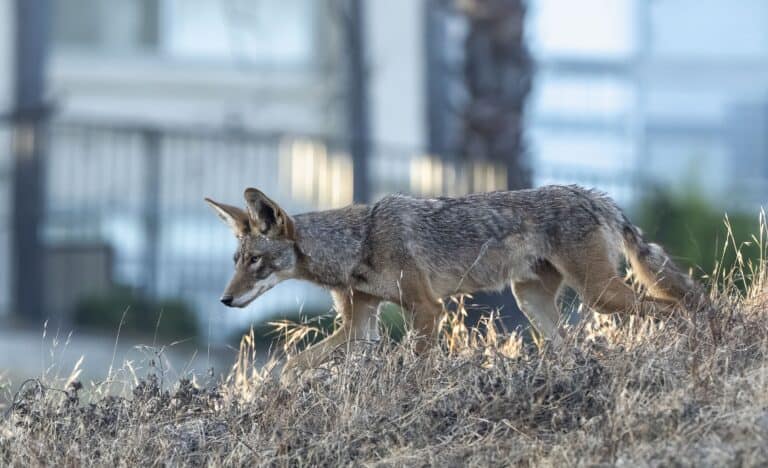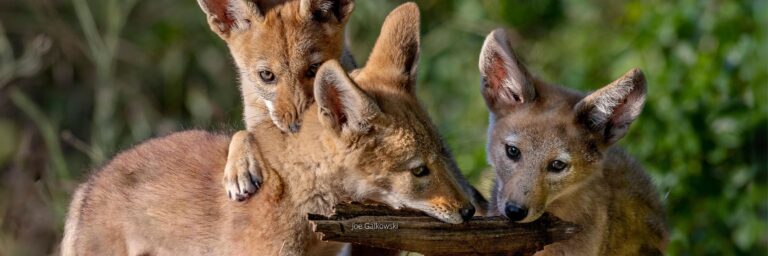Notes From The Field Blog by Renee Seacor, JD, Project Coyote Carnivore Conservation Advocate
Successful wildlife conservation and coexistence requires good decision-makers who advocate for wildlife at all levels of governance. One direct way to promote wildlife coexistence and conservation in your communities is to run for positions on wildlife governing bodies and be a voice for wildlife in local decision-making processes.
Wildlife coexistence and conservation are rooted in a model in which humans and wildlife learn to co-adapt and share landscapes and where human interactions with wildlife are effectively governed to mitigate negative interactions and promote positive ones. Coexistence allows for the flourishing of both humans and wildlife. When humans can learn and adapt to coexist with wildlife as members of our multispecies communities we protect ecosystem health and resiliency, agricultural stability and create new sustainable, nonconsumptive economies (e.g., ecotourism) in the process. Therefore, coexistence is just as beneficial to humans as it is to wildlife. The work of coexistence happens on all levels, including globally, nationally, regionally and even locally within neighborhoods and our own backyards (Our own Kelly Borgmann highlighted her experience with backyard coexistence in her latest NFTF blog).
One way Project Coyote is working to promote coexistence is in our efforts to reform wildlife governance. Current governance structures often erode coexistence efforts by prioritizing consumptive uses (i.e., killing wildlife) over the vast majority of Americans who value wildlife alive. Good governance of wildlife means ensuring elements of public trust thinking, in which wildlife are to be protected for current and future generations and sound science are central priorities of decision-makers. In order to change decision-making processes so we can achieve true coexistence, we’ve joined the coalition Wildlife for All, which is dedicated to promoting good wildlife governance. Together, we are working across the country to reform state wildlife management to be more ecologically driven, science-based, democratic, and compassionate.
While we often focus on state wildlife governance reform (sometimes referred to as fish and game commissions) and agency funding, reform doesn’t just happen at the state level but at the county and city levels as well. Across the country, countless local fish and wildlife commissions, county advisory boards, conservation commissions, wildlife committees, and local governing bodies of all sorts are affecting change at the local level for wildlife conservation. These entities often have direct access to higher state-level decision-making bodies as well.
Some of our very own Project Coyote volunteers and representatives have stepped into roles advocating for wildlife in their local communities. Many of them serve on wildlife commissions and committees of all sorts in their regions and advocate daily for wildlife coexistence. To highlight a few:
Project Coyote Sierra Nevada Representative
Fauna Tomlinson serves on the Nevada Wildlife Damage Management Committee. The Committee has helped stop many aggressive year-round predator eradication programs in the state. In this position, Fauna has been able to work directly on promoting non-lethal responses to wildlife-livestock conflicts and coexistence between humans and wildlife across Nevada.
Project Coyote New Hampshire and Vermont Representative
Chris Schadler serves as Chair of the Webster Conservation Commission in Webster, New Hampshire. The Commission works to “help the town manage the pressures for continued growth by promoting creative practices to protect open space, encourage biodiversity and habitat protection and conserve natural resources.” This local Commission works to protect local wetlands and give a voice to the species who rely on them, from the threatened Common Loon to the smallest of creatures like salamanders who rely on vernal pools to breed. Most recently and notably, the Commission successfully protected their local Blackwater River from development! The scope of Chris’s work on the Commission focuses on wetland protection, inherently benefiting wildlife.
Project Coyote Ranching with Wildlife Coordinator
Keli Hendricks was recently appointed to serve on the Sonoma County Fish and Wildlife Commission in her home county in California. This county commission meets monthly to discuss how to distribute funds earmarked for fish and wildlife conservation projects. In serving on this Commission, Keli has promoted fish and wildlife conservation projects throughout Sonoma county and makes sure wildlife has a voice in these conversations.
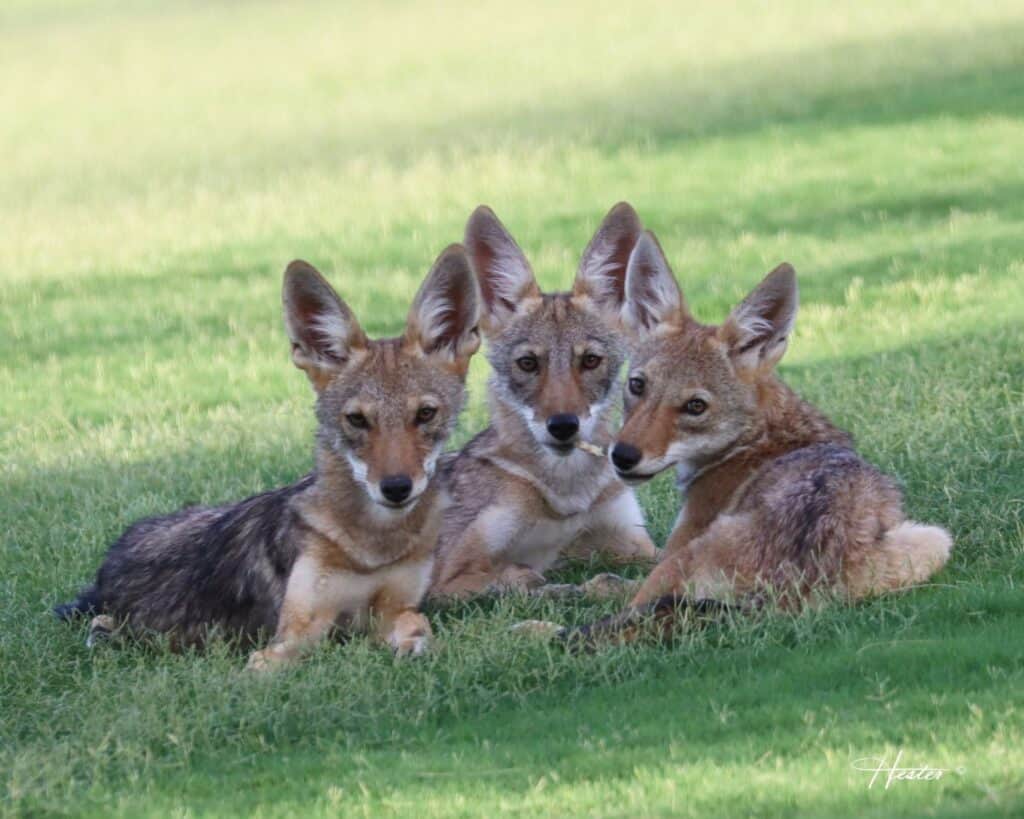
Photo courtesy of Sheryl Hester
Wildlife needs a voice at every at every level of government. Whether you’re raising your voice for coexistence nationally, statewide, or in your own community, it is crucial we speak up for wild animals, their habitats and right to thrive on all scales and all places. Every bit of advocacy is meaningful!
Here are some ways in which you can advocate for wildlife in your communities:
- Serve on a local wildlife commission or board in your community.
- Join or form a coalition in your state to implement wildlife governance reform.
- Run for public office and use that platform to promote good wildlife policies.
- Vote for candidates that will listen to their constituents about good wildlife governance.
- Attend meetings of your state or local wildlife commission and advocate for decisions that embrace coexistence with wildlife and are based on sound science and compassion – not political pressure from special interests.
- If you live in California, learn more about whether your county has a local fish and wildlife commission. You can serve on these local commissions to guide conservation projects in your local community.
If you live outside of California, search for local advisory boards or commissions in your county. If you live in a community with a homeowners association, that’s a great place to start–and be sure to check out our co-brandable Coyote Friendly Communities materials.

Renee Seacor is the Carnivore Conservation Advocate for Project Coyote and The Rewilding Institute.
